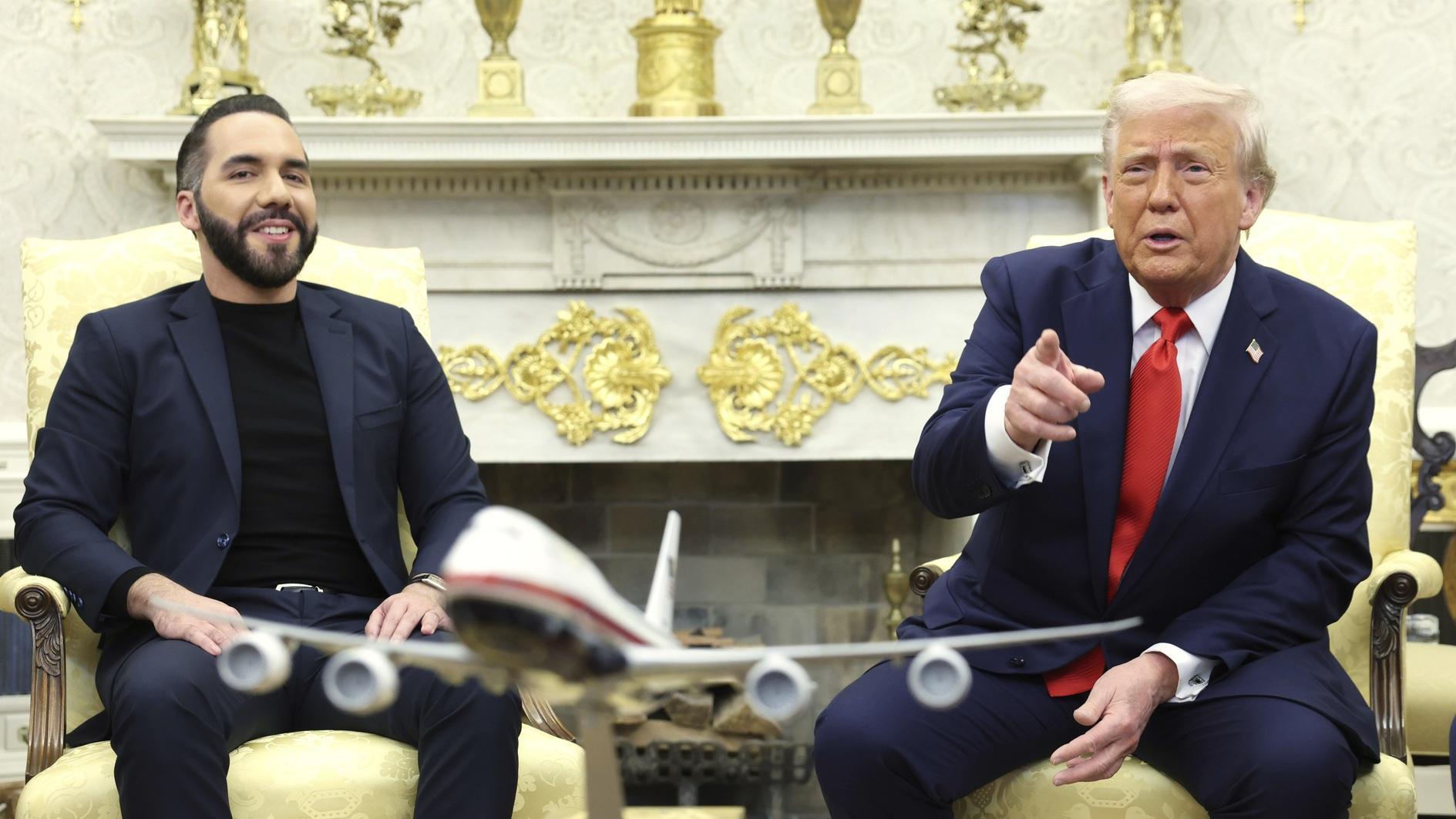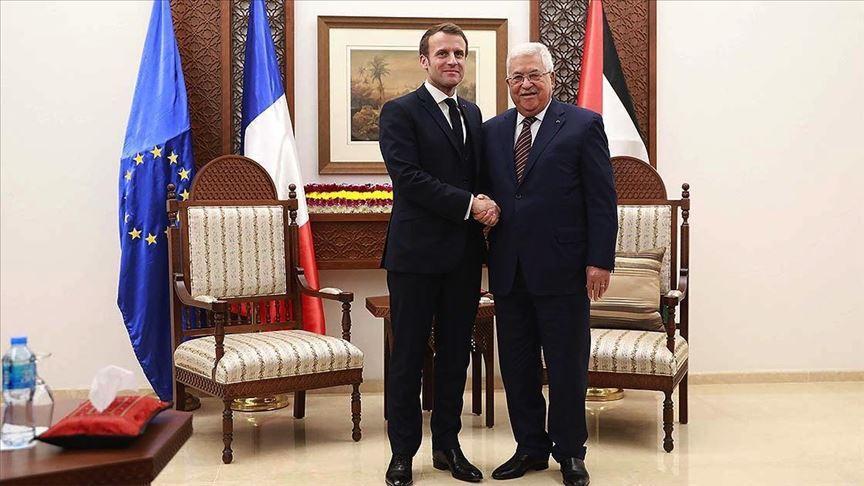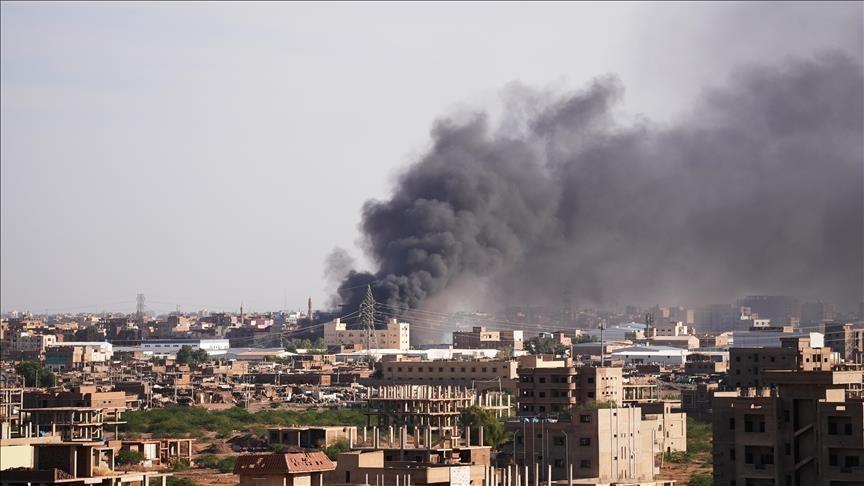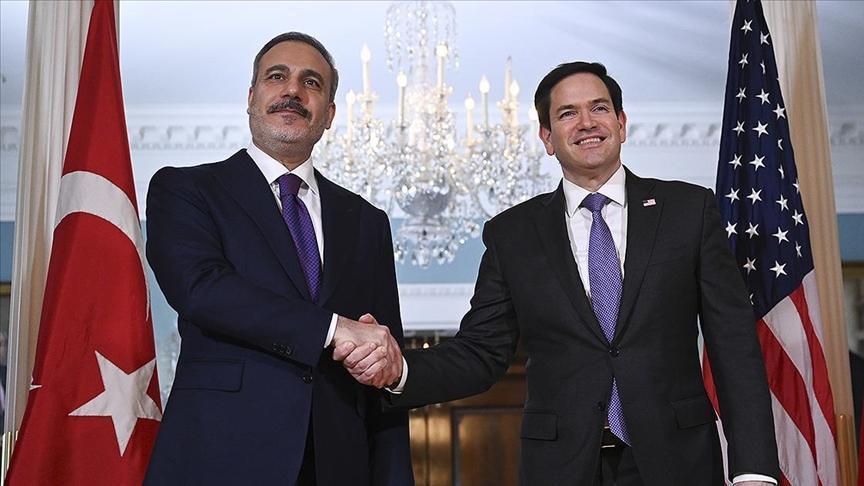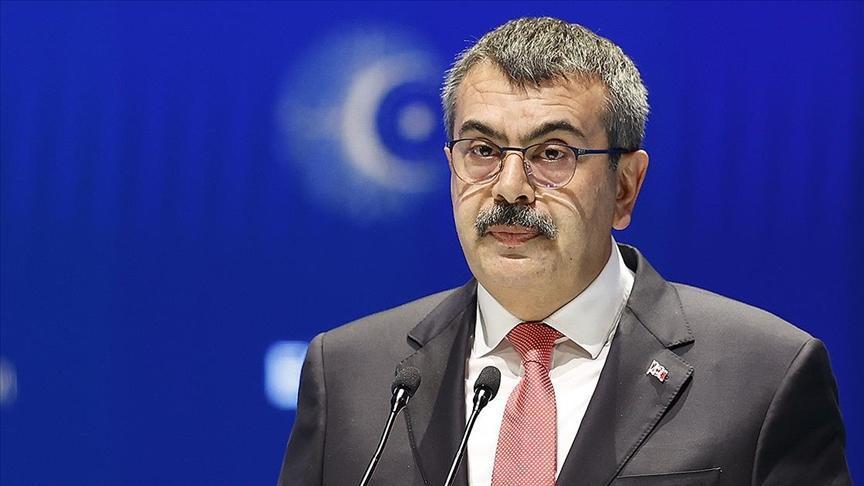Russia 'open to Turkish ops in Syria under Adana Agreement'
Nalan Koçak - SOCHI
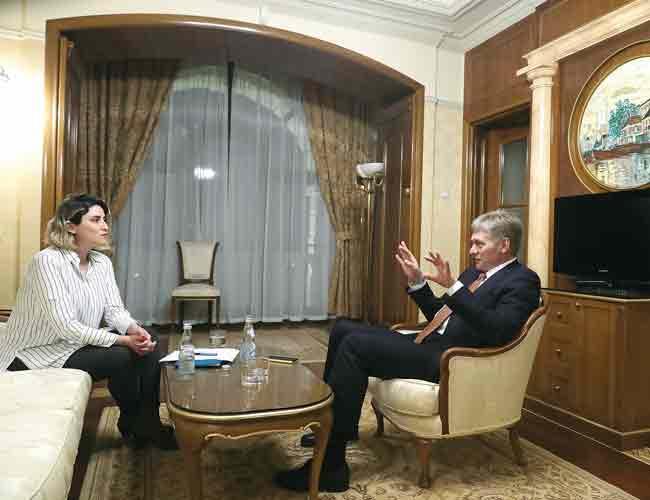
President Recep Tayyip Erdoğan, Russian leader Vladimir Putin and Iranian President Hassan Rouhani have once again met in the Russian city of Sochi to determine the fate of Syria. Putin’s spokesperson Dmitry Peskov gave an interview to Hürriyet Daily News right after the trilateral summit. Peskov answered our questions in Turkish.
Q: How was the summit?
A: It went well. Now, as the three guarantor countries and the countries that initiated the Astana process, the continuation of this dialogue is very positive every time. This is the first matter…The second is, unfortunately, the fact that the situation is quite uncertain as it was mentioned once again this afternoon. Americans said that they will withdraw, but their president says one thing, people working with him do something entirely different. We do not know how they will proceed, because of this, there is uncertainty. Thirdly, everyone is in favor of Syria’s territorial integrity and they are ready to do their very best to protect it. However, on the other hand, everyone finds Turkey’s security demands legitimate. This is, in earnest, an understandable right, and the leaders are trying to determine how Turkey can safeguard this right. Of course, now Turkey is saying “I will establish a safe zone, there will be a special arrangement and so on. And we say that there is no need for that, because a deal was signed in 1998 between Turkey and Syria.
Q: Adana agreement…
A: Yes, according to the agreement, Turkey can carry out cross-border operations and doing so is deemed legal. Consequently, the legal ground is evident, and there is no need for a new ground.
Q: In a sense, does Kremlin signal to do an operation without establishing a safe zone by emphasizing the Adana agreement? And of course, there is the matter of pointing to the Damascus administration for a solution…
A: As you know, the agreement is already between Ankara and Damascus.
Q: In other words, is pointing to Damascus for a solution the most important message of the emphasis on the Adana Agreement?
A: Of course. Damascus at the time said that if there is something bothering you, if you see terrorists on our soil, you can conduct a cross-border operation by entering to a certain degree. Why should we not benefit from this legal ground? We should most definitely benefit from it. Do we need another zone to do this? If yes, what should be the depth of this zone? All of these matters are being discussed between leaders and a solution is being sought.
Q: Can your suggestions and Turkey’s demand for a safe zone meet on a common ground?
A: Of course. Why not? Leaders and our military experts are continuously in contact, making consultations. It should be done, it should continue. A political will is evident. When leaders come together, they express their political will and they demand solution.
Q: Can we then summarize it this way: An operation to the east of the River Euphrates can be made within the framework of the Adana Agreement, when it comes to the safe zone…
A: Talks will be held. There is also the matter of Idlib. Here in Sochi we struck a deal on Idlib in September. Unfortunately, up to now, the deal could not be carried out because of certain reasons. On the downside, the terrorist threat, Ahrar al-Sham, in Idlib has reached an alarming level. They are continuously attacking the armed forces of Syria. But it is Turkey’s responsibility to prevent these attacks. That is very clear. Of course, we understand the existing challenges, but a solution should definitely be presented. There is a need for extra effort.
Q: What could these extra efforts be? For you, what is the most urgent step that should to be taken?
A: There should be no attacks on our base, Hmeymim, from Idlib. No attacks on Aleppo and the Syrian army… That’s all, very simple. And, of course, the terror base there should not grow. If it continues to grow it will threaten the overall peace process in Syria. It has already reached that level.
Q: In the press conference, President Recep Tayyip Erdoğan just now said the regime has also violated the cease-fire. On the other hand, Ankara also stresses on the humanitarian situation in Idlib.
A: The humanitarian situation is very crucial. On the one hand, Turkey is the country that carries the heaviest burden. As dear President Erdoğan said, Turkey got only a small amount of money from Europe, especially considering Turkey’s expenses. Of course, this humanitarian angle is important for Turkey. I went to Istanbul three-four months ago, it has been a while since my last visit. I noticed something. Istanbul has started speaking Arabic. For instance, Miami is an American city, but no body speaks English. Similar to that, everybody speaks Arabic in Istanbul. I saw it with my own eyes, this wasn’t the case before.
Q: Should we expect an operation into Idlib in the short term?
A: We should leave that to our military experts. We do need an operation, but we have to decide on whether it will be Turkey’s operation or some other countries’. We should not hope to make a deal with the children of Ahrar al-Sham. That is a false hope, they are terrorists, they are al-Nusra, they are the children of al-Qaeda. It does not matter whether or not they change their names. For this, Turkey is right. If hundreds of thousands of refugees flee to Turkey, that is bad. We should prevent that. However, we should not put all solution processes in Syria at risk.
Q: The YPG is a very delicate matter for Turkey. Turkey got a crucial green light from Russia in Afrin. For you, how should the issue of the YPG be solved?
A: We are against all forms of terrorism, and we recognize the right to combat for every country that is dealing with terrorism. We are also a country that suffers from terrorism. We understand Turkey’s concerns. On the other hand, Kurds have lived on Syrian lands for centuries, and they have the right to continue living. This right should be protected in the future formation of Syria.
Q: On many occasions, Ankara, too, has said that they have no problem with the Kurdish people on this matter and that Kurds should not be equated with the YPG.
A: Of course.
Q: Well what is your suggestion for a concrete solution to the YPG matter?
A: We are talking about lands and areas where there is an American presence. What are Americans doing there? Who are they supporting? How much money and how many arms and bullets are they supplying? What are their motives? Let’s try to find answers to these questions.
Q: Do you have any answer now?
A: Experts should think about it. But the answers are very clear.
Q: Do you believe the Americans are really pulling out of Syria?
A: The U.S. has become the most unpredictable country. For example our president is the president, he does what he says, and he makes others do what he says. The U.S. is in a deep crisis, we do understand the hardships they are going through, but we are also impatiently waiting.
Q: Even if they withdraw their soldiers, would they sustain their presence by other means?
A: Where will they pull out to, will someone else replace them, who will they leave the arms, will their presence continue? When they pull out, their presence will most probably not end, it will continue in some way. All these questions are on the agenda, the presidents are talking about them. The general attitude is the same, there is no reason for optimism, and uncertainty is troubling. And this situation is not helping the crisis in Syria and hope for a solution at all.
Q: In order to address Turkey’s concerns, especially for YPG, which steps would Russia take?
A: Everything is already evident. We said there is the Adana Agreement. Necessary steps can be taken with the help of the agreement within a certain framework.
Q: President Erdoğan said Ankara was in contact with the Syrian regime at the intelligence level. What do you think about this?
A: [Bashar al-] Assad is the legitimate president of Syria; he is the leader of that country. You may or may not like him. He is a state leader, he has a people, armed forces and intelligence. If you want to be among countries that want to save the destiny of Syria, you should deal with Assad. There is no other way. Western countries are making mistakes all the time, but we should make the same mistakes. There was [former Libyan dictator Muammar] Gaddafi… He was said to be a bad guy, he was killed later. The country was also killed along with him.
Q: Do you think the same way about Saddam [Hussein] as well?
A: Yes. Now they are saying Maduro is a bad guy and that we should change him. What if tomorrow they say they don’t want Erdoğan or [Russian leader Vladimir] Putin? What happens then? Who has the right to decide on this? We should not make a mistake.
Q: Turkey and Russia experienced two big crises. The first was the shooting down of a jet and the other was the assassination of Ambassador Andrei Karlov. How did the two countries overcome these crises?
A: They were truly two big crises. Thank God we left them behind. Their effects could have been truly deadly for the relations of the two countries. In my opinion, Putin and Erdoğan prevented that by demonstrating political will. Both countries did what had to be done in order to overcome these crises.
Q: Who do you think was behind these crises?
A: The assassination of our ambassador is a matter of terrorism. Unfortunately, we are all living in the age of terrorism. There is no country or people safe from terrorism. Because of that, the assassination was a disaster, but it shows that we are all fighting against terrorism together. The jet crisis is another matter. I do not want to talk so much about that. Fortunately, we overcame this crisis. Let’s never revisit it; we learned our lessons. Great minds think alike, we are generally connected to one another. Our relations and cooperation are unavoidable. Luckily everything got better.
Q: The U.S. is putting pressure on Turkey not to buy S-400s. They are even talking about sanctions. But Turkey is saying that it will buy the S-400s. How will this matter conclude in your opinion?
A: Turkey has already decided, and we are acting accordingly. All the contracts are made, commitments are made, credits are supplied, and payments are made. The U.S. is frequently trying to get superior competition rights for itself through legal or extra-legal means. In other words, the economy is behind everything. The U.S. talks about sanction. Why? So that everyone can buy their products. The same pressure is now being put on Turkey. Only a handful of countries can show resilience. Turkey is one of them.
Q: Russia announced that visas will be lifted for Turkish businesspeople and truck drivers, but will there be any good news about visas being lifted completely?
A: I am hoping that it will gradually get better. Let’s not forget that there was a good reason for it, the crisis we just talked about. Just like how there are bruises left on one’s body after a fight and it takes time to heal, this, too, takes time.
Q: Is President Erdoğan one of the most trusted leaders for Putin?
A: Of course. They understand each other very well.
Q: I want to ask personal questions now. You speak Turkish very well. How did you learn it?
A: It was not planned. I actually wanted to learn Arabic. I spent my childhood in Arab countries because my father was a diplomat. I did not learn any other language than Arabic. I went to Turkey for the first time in 1980, when a military coup had happened. We were traveling from Libya to Odessa and the ship docked at Istanbul on the way. At the time, I did not like Turkey at all because there were soldiers everywhere. After that, my grades were not good enough to study Arabic at university. I lost my chance to choose, and when people at university suggested Turkish, I thought of the country with the military coup. I said: “What can I do there for God’s sake?” But I had to start learning it. Moscow University has the Institute of Asian and African Countries. It is a very old and well-established institute. They teach not just languages but the history, culture and economics of these countries. Back then, the internet did not exist, so it was festive when one Cumhuriyet newspaper once arrived in Moscow.
Q: Did you like Turkey as you read more about it?
Yes. At the time, Turkish businessmen were slowly arriving in Russia. I did translation work for them. While I earned money as a student, I also improved my Turkish. Then I graduated and I spent an important part of my life on matters related to Turkey.
Q: You stayed in Turkey as a diplomat for 10 years, am I right?
A: Yes around 9 to 10 years. I was assigned to Ankara twice.
Q: Do you speak in Turkish to Turkish delegation and President Erdoğan? Do you sometimes go beyond politics and make jokes?
A: Yes, sometimes. My Turkish friends visit Moscow. Unfortunately, I cannot visit Turkey as much as I want to, but, for instance, I celebrated one birthday in Turkey. I went to Istanbul with my friends. Most of my friends did not visit Turkey before, I showed them Istanbul and I liked that very much. They all fell in love with Istanbul.
Q: How do you practice your Turkish?
A: I read the newspapers, but I do now know the new ones. I read Hürriyet, Sabah and Cumhuriyet.
Q: There was a period where you wanted to be journalist in the Moscow office of Milliyet.
A: Yes. I did not study journalism, so I could not say that there was a definite appeal to me. Cenk Başlamış was in Moscow office of Milliyet and we were friends then. I was still interested in information and knowledge. Journalism is still “terra incognita” for me.
Q: This will be my last question. How was Turkey when you lived there? How is Turkey now?
A: Both Turkey and Russia changed a lot. Infrastructure attracts a lot of attention in Turkey, changing very fast. Unlike Russia, Turkey is not rich in oil and natural gas. Despite this, infrastructure in Turkey gets renewed every year. New tunnels, bridges, airports… Turkey keeps developing economically in spite of everything, keeping up with the rest of the world. No one has the right to politically intervene or to say something about it. In my opinion, the Turkish people are getting what they want, establishing the system they want. The system was different when I was working in Turkey, right now its specifics have changed a lot, but this is the will of the Turkish people. The world also changed a lot. Unfortunately, we are living in a very hostile environment. The region we are in is very hostile against Turkey and Russia. In this world, there aren’t that many friendships, new friends are not made easily. New enemies are arriving. Turkey has historically been a friend. We share a common interest. Of course there may be fights and making up, but this common interest stands above all.


